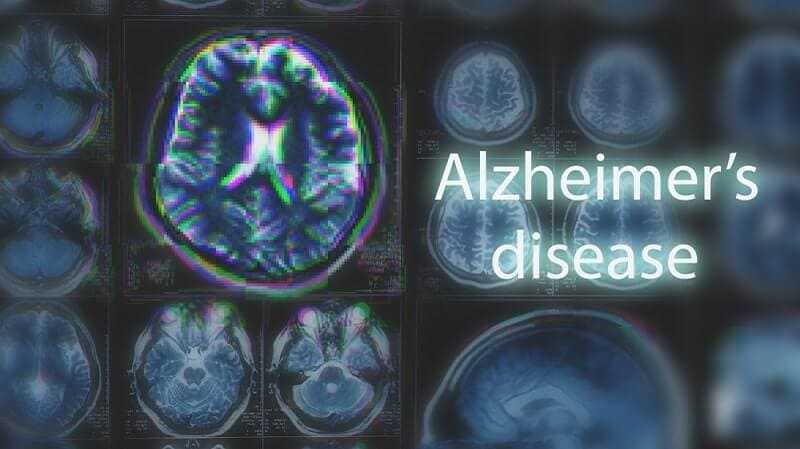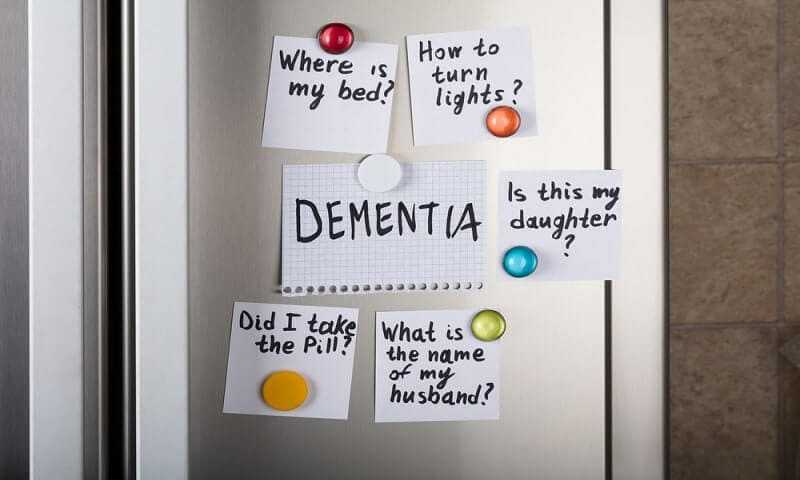Warning Signs of Caregiver Stress & Depression

Caring for a person with dementia can be all consuming. It is often physically and emotionally stressful, and you may find yourself struggling with symptoms of depression as a result.
Caregiving doesn’t cause depression, and not everyone who provides care will become depressed. But being a caregiver – and all the responsibilities that come with it – does increase your risk of depression.

A conservative estimate reports that 20 percent of family caregivers suffer from depression, twice the rate of the general population. Other studies and groups, including the National Caregiver Alliance and Yale University, put that number even higher, estimating that 50 percent of caregivers show symptoms of clinical depression. Older caregivers, like spouses, and women are the most likely to be depressed.

Caregivers are so vulnerable to depression because they often put aside their own needs to tend to their loved one and because of the constant stress involved. Watching a loved one in distress and tasks like toileting, bathing, dressing and eating can take their toll.
If you think you may be experiencing depression it’s time to get help – for your sake, and for the sake of the person for whom you’re caring.
Symptoms of Depression
It’s normal to experience feelings of anger, sadness or frustration, especially when you’re dealing with caregiving and illness. But depression goes beyond these occasional feelings. It is not fleeting and it is not something that someone can make himself or herself “snap out of.”
The following symptoms, if experienced for more than two consecutive weeks, may indicate depression:
- Losing interest in people and/or activities that you once enjoyed
- Anger, sadness, and mood swings
- Feelings of helplessness and hopelessness
- Changes in eating habits and weight
- Fatigue and loss of energy
- Difficulty sleeping
- Thoughts of death or suicide
- Difficulty thinking or concentrating
There is Help
If symptoms of depression are present, seek help. It may be against your first instincts. People say, “I’m strong. I can handle this.” But depression isn’t a weakness; it’s an illness. And with the proper help you can feel well.

A mental health professional such as a psychologist or psychiatrist can assess your condition and arrive at the treatment most appropriate for you. Treatment for depression can include some combination of medicine, therapy, psychosocial support and activities.
Taking at least a few minutes to do something you enjoy every day and keeping up with friends and hobbies can also help you avoid burnout. Alzheimer’s and depression support groups also offer an invaluable community of people who are going through the same thing and can provide advice and support.





